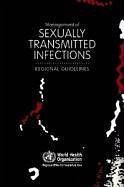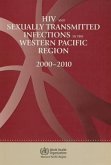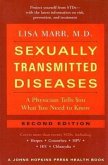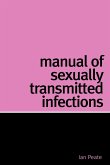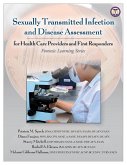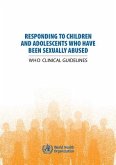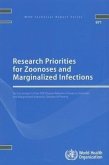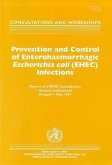Sexually transmitted infections (STIs) continue to be of major public health concern in the South-East Asia Region of WHO (SEAR). Failure to adequately treat STI at an early stage may lead to serious complications and sequelae. STIs have also been found to increase the risk of sexual transmission and acquisition of HIV infection. The rise in incidence of anorectal infections among men who have sex with men, and the increasing lack of response to third generation cephalosporins in SEAR countries are other areas of concern. Almost all countries in the Region have national guidelines for the management of STI, based on either syndromic management or etiological diagnosis or both. However, only a few countries have updated/revised their management guidelines recently. These new regional guidelines for STI management take into consideration the new technologies and therapeutics that are now available.
Hinweis: Dieser Artikel kann nur an eine deutsche Lieferadresse ausgeliefert werden.
Hinweis: Dieser Artikel kann nur an eine deutsche Lieferadresse ausgeliefert werden.

